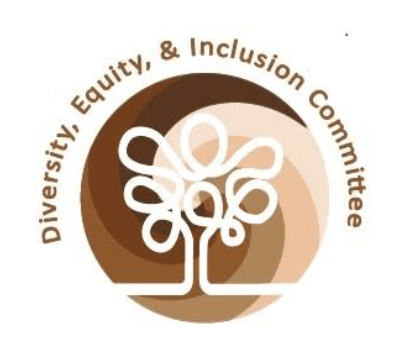
Diversity, Equity and Inclusion Commitment
To support all in reaching their fullest potential, Lifeline Community Services commits to championing policies and practices that promote equity across race, gender, age, ability, religion, identity, and sexual orientation in order to empower a just, inclusive, and equitable society.
Lifeline is a community-based organization that has been engaged since its inception in acknowledging, addressing, and attempting to reduce the impact of various forms of oppression and institutional racism on the individuals we serve.
Lifeline commits to continued growth in this area by looking both internally and externally to identify ways to challenge and interrupt inequities that create trauma for our clients, staff, volunteers, partners, and community members.
We will accomplish this through institutionalizing the practices of organizational reflection, analysis of data and experiences, and mobilizing change in ourselves and our circles of influence toward greater equity and physical and mental well-being for the communities we serve. We commit to continuous reflection and improvement.
Lifeline Community Services will model this commitment respectfully and with integrity through our own collective and individual actions.
Demonstrating our Commitment
In 2010, Lifeline formed a Cultural Competency Committee to actively promote equity, inclusion, and diversity. In 2014, our Trauma-Informed Committee was created to ensure that Lifeline serves our diverse community using a strengths-based, client-centered approach. These examples illustrate how Lifeline’s values are put into action, and incorporated throughout our culture.This culture is now embodied through our Diversity Equity and Inclusion (DEI) Committee’s action plan, which was created in 2020.
Lifeline's DEI Committee, on behalf of the organization, will help to lead the organization by listening, discussing, and planning activities that will help us achieve this objective. We will build our plan around five areas of activity: Educate, Commemorate, Participate, Advocate, and Activate.
- Educate: We want to educate ourselves about the real history, actions, and consequences of racial and cultural inequity and disparity in our nation and community.
- Commemorate: We want to celebrate and honor the rich diversity and cultures that make up our organization, community and nation.
- Participate: We want to create opportunities for all – clients/participants, staff, and organizational leadership (manager, directors, board) – to engage in activities that increase self-awareness toward making change in our systemic biases.
- Advocate: We want to find specific actions to demonstrate our values and intents to our institutional partners about making these changes for our clients/participants.
- Activate: We want to build our values about diversity, equity, and inclusion into organizational operations and programmatic design.
Progress Update
Juneteenth was added as a permanent Lifeline Holiday. Juneteenth is a federal holiday in the United States commemorating the emancipation of enslaved African-Americans. It is also often observed for celebrating Black or African-American culture in the United States. The holiday originated from events in Galveston, Texas after the Civil War and the Emancipation Proclamation, and it has been celebrated annually on June 19 in various parts of the United States ever since 1865. Lifeline joins in observing this Federal Holiday, honoring the power of this day and learning from our history. Lifeline has permanently added this to the Holiday Schedule and recognizes that our employees comprise a wide range of backgrounds and characteristics, but we believe those differences should be celebrated and valued.
As a recent action step, the DEI Committee helped lead Lifeline's management team through a six-week book series on "White Fragility," by Robin DiAngelo. Lifeline staff shared some reflective feedback below on the work we continue to do:
“Lifeline has always had a Cultural Competency plan and has completed many educational events around DEI. This received a big review in the last two years and the work has truly expanded to even more trainings, events, group focus, and weaving DEI into all we do. We have a diverse culture of staff and clients and are constantly looking at ways to improve – and not just have DEI be something we check off a list, but incorporate into all aspects of our work.” – Janet K., Administrative Manager
“Most companies are not taking a collective approach to change and I believe that is something that sets us apart.” – K Thomas, Clinical Training, Project LIFE
“Lifeline’s use of inter-departmental committees helps send the message that “every voice matters,” and enhances agency transparency when it comes to decision making. Using the strengths of Lifeline staff to help plan and execute strategies that improve the organization makes Lifeline feel more like a community where new and fresh ideas are welcome from every level of the agency...Hiring diverse staff and truly listening to their opinions, perspectives, and suggestions adds tremendous value to Lifeline as a whole. It makes our culture and our services more inclusive by reflecting the values of the people we employ and serve."– Brandi C.
"Lifeline has created an agency culture that is the opposite of putting [people] down and really goes to lift them up.” – Jackie R.
Are we done learning, educating, and taking action? Absolutely not. We are continuing in this journey. If there are ways you think Lifeline can improve fostering an equitable culture internally, as well as advancing equity as we confront systemic barriers that hinder equality for the clients we serve, we want to hear from you!